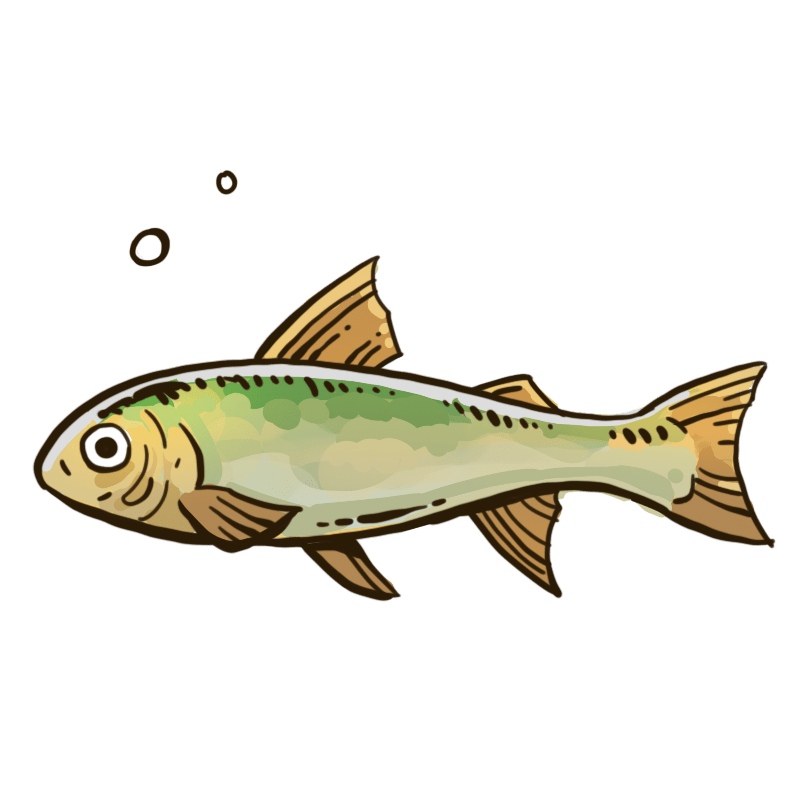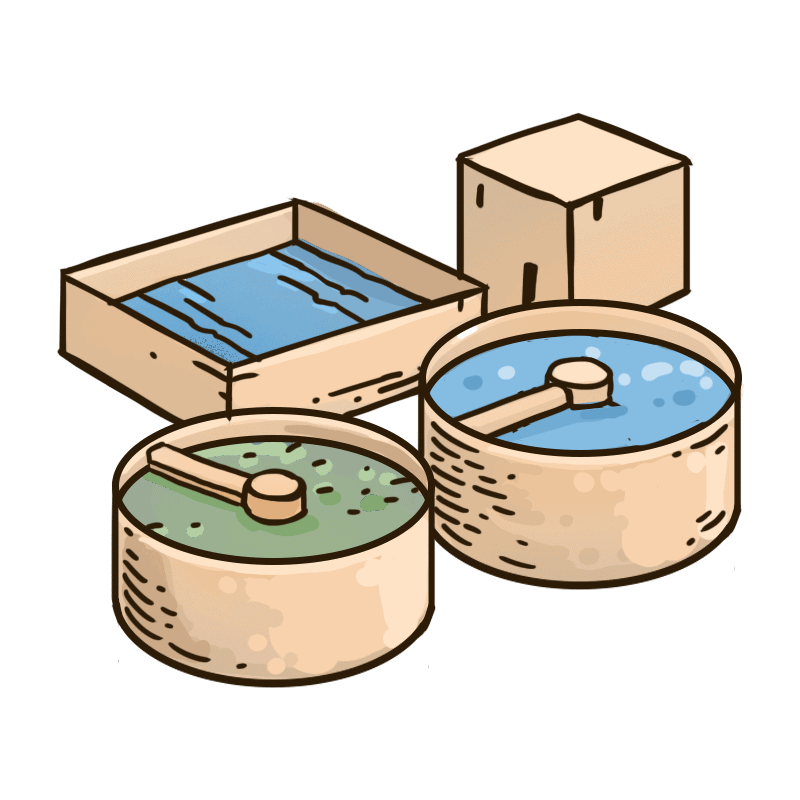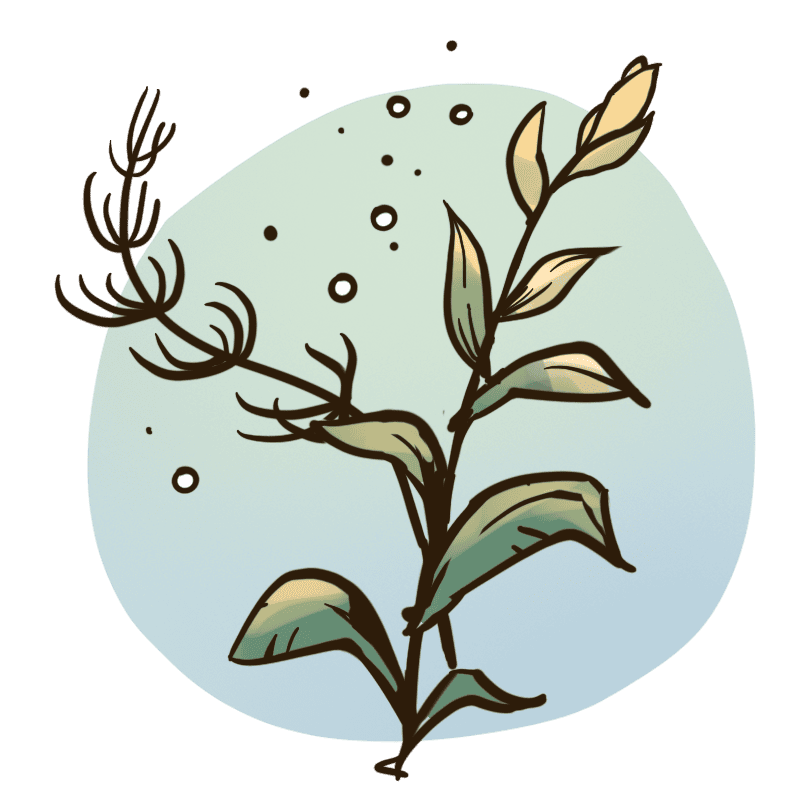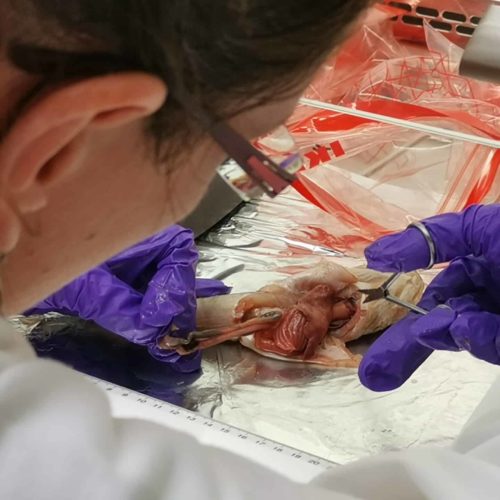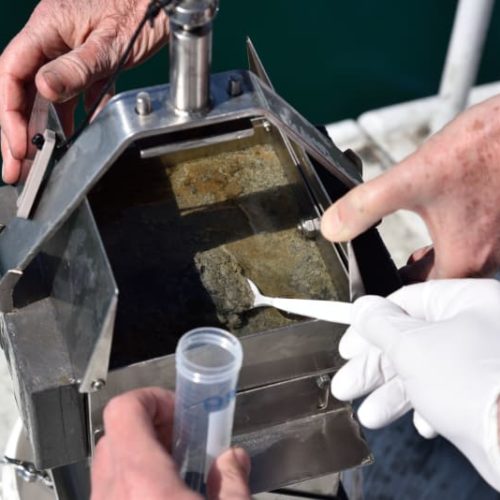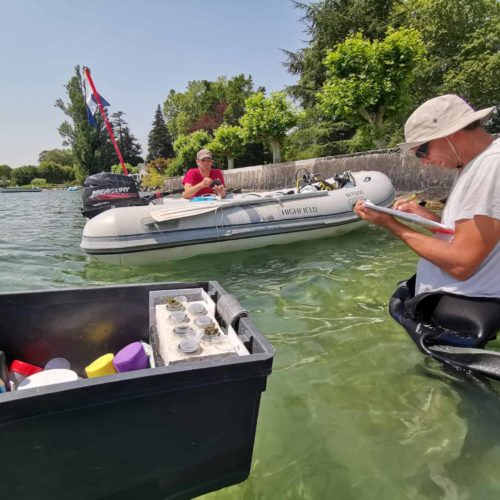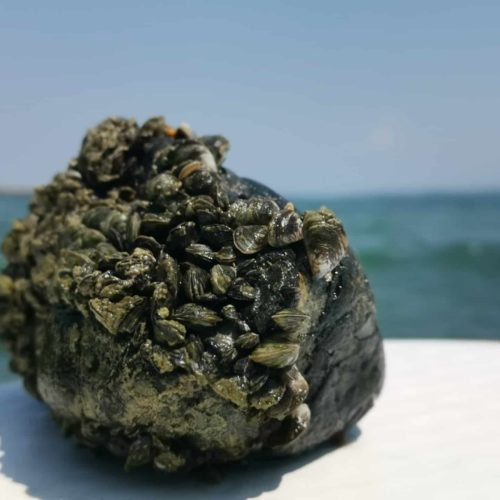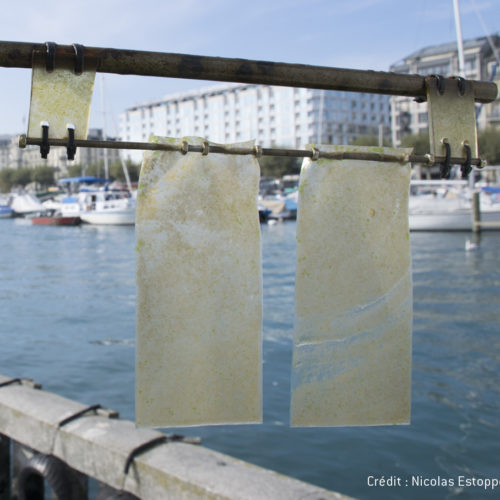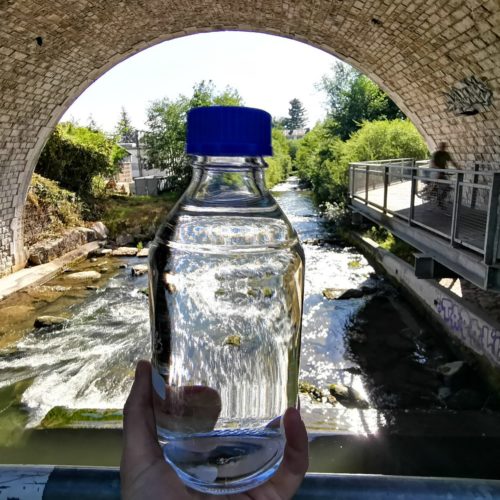The data catalog allows you to consult and download data from annual monitoring and reports of complementary studiesstudies

Complementary studies strengthen the analysis of the state of health of Lake Geneva
Given the large numbernumber of parameters and the limited resourcesto study them, it is not possible to monitor to monitor everything, in every compartment, every day of the year.
To find a reasonablebetween the information that can be and the cost of monitoringCIPEL relies on the complementary nature of a regular monitoring program (temperature, phosphorus, oxygenphorus, oxygen, plankton, micropollutants in water micropollutants, etc.) and complementary, more specific (aquatic vegetation, micropollutants in fishin fish, mussels or sediment, etc.), in order toments, etc.), in order to consolidate an overallpicture of the state of health of Lake Geneva.

Scientific studies carried out by CIPEL:
Sediments
Studies of sediments in Lake Geneva to measure changes in nutrient levels (particularly phosphorus) and metallic micropollutants, as well as the presence of certain organic micropollutants and even microplastics.
organic micropollutants, and even microplastics.
Fish flesh
Analysis of micropollutants in fish flesh to monitor the evolution of contamination (PCBs and mercury) in the environment, and analysis of microplastics to extend studies already carried out on plastic fragments in Lake Geneva sediments.
Wastewater treatment plants
Modeling study of micropollutant inputs to wastewater treatment plants, in order to draw up different reduction scenarios depending on the type of treatment.
Invasive alien species
Inventory of exogenous invasive species on the shores of the lake to record the presence and location of 12 species considered the most problematic.
Phytosanitary products
Characterization study of the risks of transferring phytosanitary products of agricultural origin to surface waters.
Macrophytes
Inventory of macrophytic vegetation in Lake Geneva to monitor changes in environmental quality.
Diffuse phosphorus
Assessment of diffuse phosphorus inputs to Lake Geneva.
The quagga mussel
The quagga mussel is an emerging invasive alien species in Lake Geneva. CIPEL has launched an initial study phase to gain a better understanding of the species and take more effective action.

Limnothèque

Newsletter
The newsletter is published periodically and informs you by e-mail about scientific news from Lake Geneva and the latest CIPEL activities.






